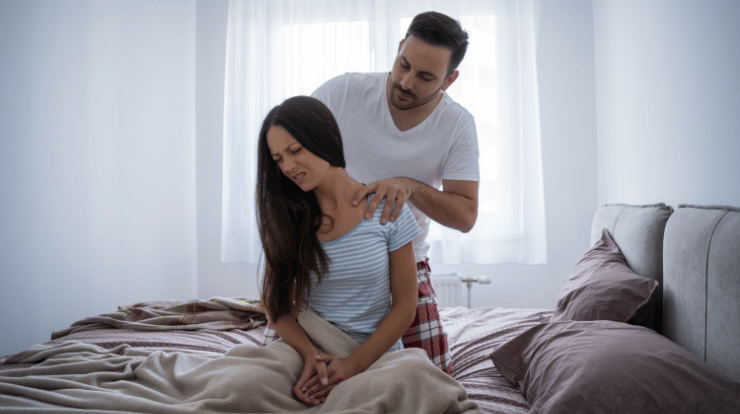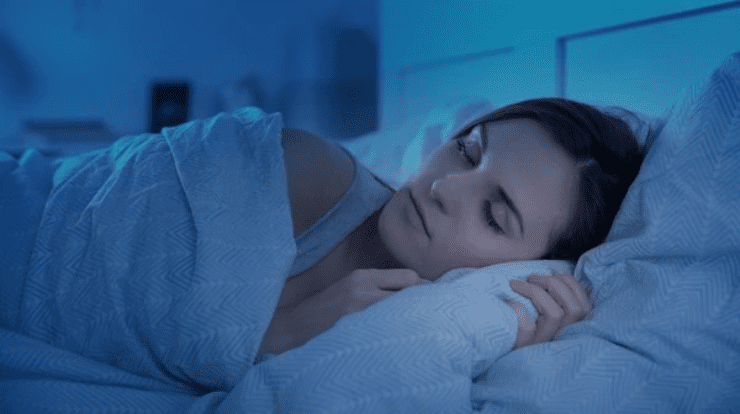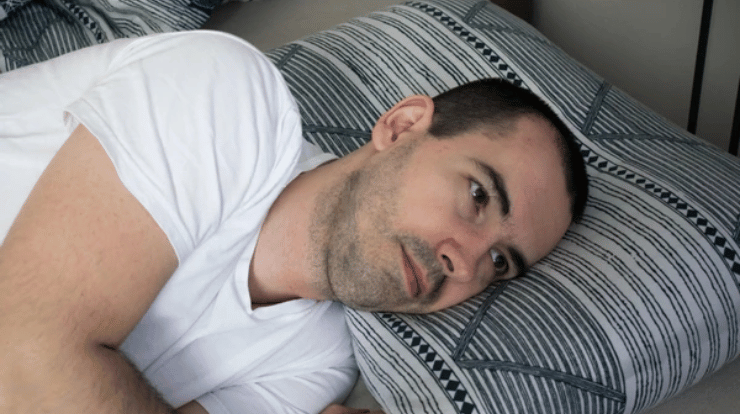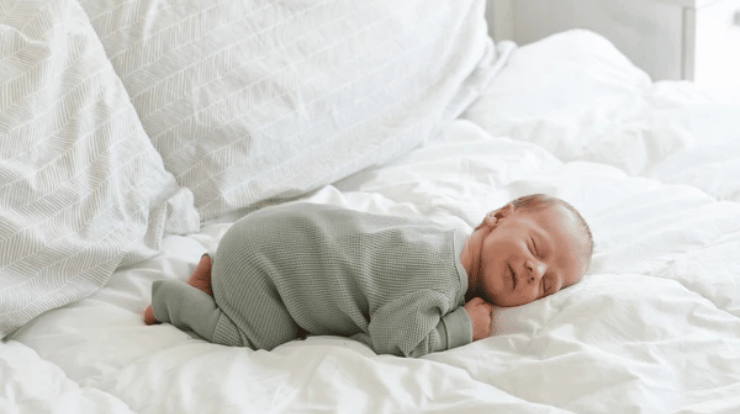
What is Twitching in Sleep?
Twitching in sleep, also known as sleep myoclonus or myoclonic jerks, is a common and usually benign phenomenon that occurs during the transition between wakefulness and sleep. It is characterized by brief, involuntary muscle contractions or spasms that can affect any muscle in the body, including the arms, legs, and face.
Twitching in sleep is often accompanied by a sensation of falling or jumping, which is known as a hypnic jerk. This sensation is thought to be related to the brain’s natural reflexes that help protect us from falling or injury while we are awake.
Does Twitching in your sleep mean anything?
In most cases, twitching during sleep is a normal and harmless occurrence and does not mean anything significant. It is a common and usually benign phenomenon that occurs during the transition between wakefulness and sleep, and it is often accompanied by a sensation of falling or jumping, known as a hypnic jerk.
However, if you are experiencing frequent or severe twitching in sleep, it is important to speak with a healthcare professional to rule out any underlying medical conditions.
Why do guys twitch in their sleep?
There are many potential causes of twitching during sleep, also known as sleep myoclonus or myoclonic jerks. Some common causes include:
1. Stress or anxiety:
Stress and anxiety can interfere with sleep and lead to twitching during sleep.
2. Caffeine consumption:
Caffeine is a stimulant that can disrupt sleep and cause twitching during sleep.
3. Sleep deprivation:
Not getting enough sleep can lead to twitching during sleep.
4. Alcohol consumption:
Alcohol can interfere with sleep and cause twitching during sleep.
5. Medications:
Some medications, such as antidepressants and stimulants, can cause twitching during sleep as a side effect.
6. Medical conditions:
In rare cases, twitching during sleep may be a symptom of a medical condition, such as a seizure disorder or a neurological disorder.
It is worth noting that twitching during sleep is a relatively common occurrence and is not necessarily a cause for concern. However, if you are experiencing frequent or severe twitching during sleep, it is important to speak with a healthcare professional to rule out any underlying medical conditions and determine the cause of your twitching.

How to Stop Twitching in sleep?
There are several strategies that you can try to help stop twitching during sleep. These strategies include:
1. Maintain a regular sleep schedule:
Establishing a consistent sleep schedule can help regulate your body’s natural sleep-wake cycle and improve sleep quality.
2. Avoid caffeine and alcohol before bedtime:
Caffeine and alcohol can interfere with sleep and cause twitching during sleep.
3. Practice relaxation techniques:
Techniques such as meditation, deep breathing, and progressive muscle relaxation can help reduce stress and promote relaxation before bedtime.
4. Create a comfortable sleep environment:
A comfortable, cool, and dark sleep environment can promote better sleep and help reduce twitching during sleep.
5. Get regular exercise:
Regular exercise can help improve sleep quality and reduce the likelihood of twitching during sleep.
6. Talk to a healthcare professional:
If you are experiencing frequent or severe twitching during sleep, it is important to speak with a healthcare professional to rule out any underlying medical conditions and determine the cause of your twitching. They may be able to recommend specific treatment options or suggest lifestyle changes to help improve your sleep.
Baby Twitching in sleep
It is normal for babies to twitch or make sudden movements during sleep, which is known as neonatal myoclonus. These movements are usually brief and may involve a variety of muscles, including the arms, legs, and face. Neonatal myoclonus is usually benign and does not require treatment.
In most cases, neonatal myoclonus is a normal part of a baby’s development and does not indicate any underlying medical condition. It typically disappears within a few weeks or months and does not cause any long-term problems.
If you are concerned about your baby’s twitching during sleep or have any other questions or concerns about your baby’s sleep, it is a good idea to speak with a healthcare professional for further evaluation and guidance. They can provide more information and help you determine the best course of action.
Twitching in sleep after drinking alcohol
It is common for people to experience twitching during sleep after drinking alcohol. Alcohol is a central nervous system depressant that can interfere with sleep and cause twitching during sleep.
In most cases, twitching during sleep after drinking alcohol is a normal and harmless occurrence and does not require medical treatment. However, if you are experiencing frequent or severe twitching during sleep after drinking alcohol, it is important to speak with a healthcare professional.
To help prevent twitching during sleep after drinking alcohol:
it is important to limit your alcohol intake and ensure that you are getting enough sleep. It is also a good idea to practice relaxation techniques, such as meditation or deep breathing, before bedtime to help promote relaxation and improve sleep quality.
If you are concerned about twitching during sleep or any other sleep-related issues, it is a good idea to speak with a healthcare professional for further evaluation and guidance.
Fever and Twitching in sleep
Fever and twitching during sleep can be a sign of an underlying medical condition. In some cases, fever and twitching during sleep may be caused by an infection, such as the flu or pneumonia. Other potential causes of fever and twitching during sleep include neurological disorders, such as epilepsy or multiple sclerosis, and certain medications.
It is also important to take steps to reduce your fever and manage your symptoms while you are waiting to see a healthcare professional. This may include taking over-the-counter fever-reducing medications, drinking plenty of fluids, and getting plenty of rest.
If you are experiencing fever and twitching during sleep or have any other questions or concerns, it is a good idea to speak with a healthcare professional for further evaluation and guidance.






